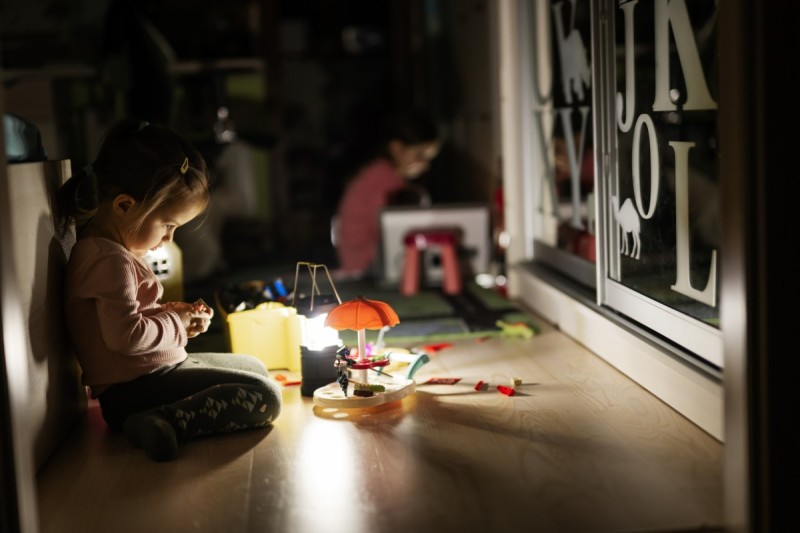
Storms and natural disasters can cause major damage to the electricity network.
If your power supply is disrupted, Firstlight Network will act quickly and do everything possible to restore it safely and quickly. But sometimes there will be significant damage to power poles, wires and other electrical equipment and power can be out for hours or, in worst case, days.
This is why we encourage you to be prepared for unplanned power outages. Here are some of the things you can do to make sure you stay safe.
Keep our faults line number handy
Keep our faults line number handy and call 0800 206 207 to report a fault or emergency. You can call this number any time, day or night. Often power cuts only last a few minutes, so you may want to wait before making the call.
You can also check www.firstlightnetwork.co.nz and on social media to see if there's an update on when power will be restored.
Communication essentials in an emergency
Your wifi and cordless landline phone will likely be affected in a power cut, so it's best to use your mobile phone or the radio for updates.
The National Emergency Management Agency (NEMA) advises that in times of crisis or civil defence emergency, a battery-powered radio or a car radio remain essential lifelines if the power is out, and other forms of communication are unavailable. Always ensure you have handy a spare battery or mobile power pack for your phone.
RNZ is New Zealand's statutory civil defence lifeline radio broadcaster, providing vital information and updates as they come to hand. All frequencies can be found here.
Have a plan if you are medically dependent on power
If you or a family member is medically dependent on a continuous supply of electricity, we strongly advise that you have an emergency response plan. This could include a reliable back-up power source, or another address you can move to. If a power outage is putting your health at risk, call 111 or go to a hospital.
Ensure you have adequate supplies
Think about food and water supplies: have some snacks and meals that don’t need cooking, and check that you have a full LPG gas bottle for the BBQ. A camp stove or barbecue, and cooking fuel (such as gas) are also helpful items to have in the event of an extended power cut.
If you live in a rural area and rely on a water pump, we recommend you have emergency water supplies for drinking and washing.
Turn electronics off at the wall
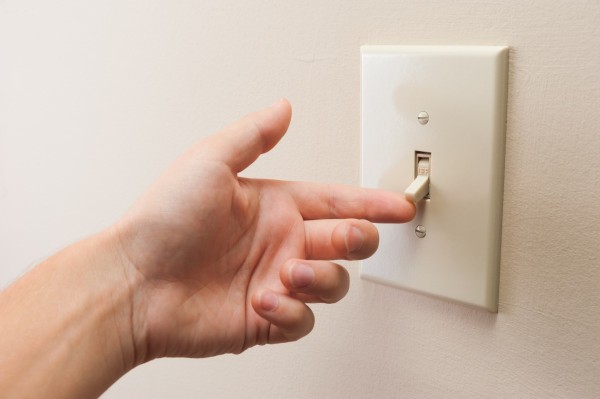
Turn off all lights and appliances, keeping one light on to signal when the power returns. We recommend turning off your stove elements and heaters too. This will ensure they don't come back on without you noticing the electricity is back on.
Keep the fridge closed
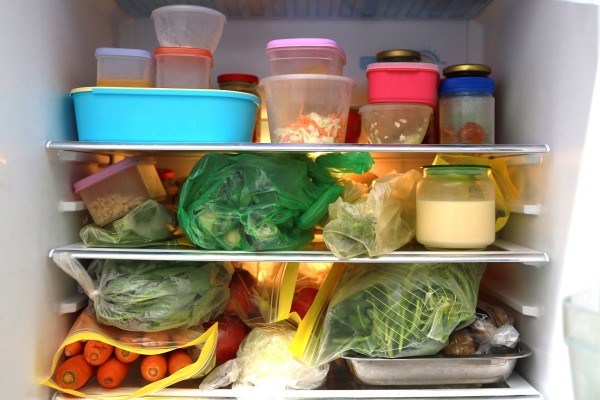
We recommend keeping the fridge closed – opening the fridge or freezer will let warmer air in - and without electricity, it won't be able to cool down again.
If left shut, the fridge will keep food cool for up to six hours, while a freezer will usually keep food frozen for up to 24 hours.
If there's food inside that you know you'll need in the short-term, consider removing it at the start of the power cut and storing it in a chilly bin or ice box. That way your snacking won't spoil the rest of your supplies.
The Ministry for Primary Industries recommends eating food that will expire quickly, such as bread and meat first, and eating canned food last.
If any food is spoiled or rotting, throw it away so it doesn't spoil other food or make you unwell.
Clear your home of hazards
During an outage or before a planned outage, have a quick look around your house and move any items that could be easily tripped on, such as children's toys, from hallways, doorways and high-traffic areas. This will lessen the chances of you injuring yourself in the dark.
A good tip is to place a large torch at the edge of the room by the wall to light your path.
The Electricity Authority recommends leaving an overhead light on so you can see when the power is back on.
Stay warm
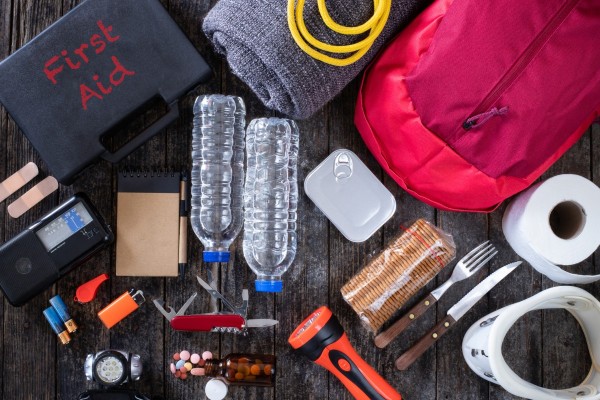
Put together an emergency kit of essentials, including torches, a transistor radio and batteries. Gel warming packs are also good items to have in your emergency kit, as they can keep chilled fingers and toes toasty.
Check on your neighbours
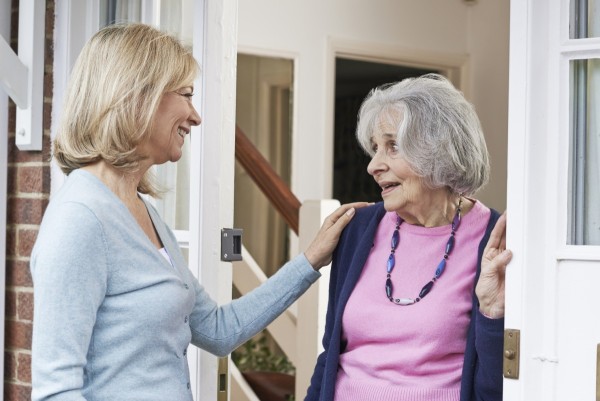
If it's safe to go outside, check on your neighbours. This is especially important if you have older or vulnerable people living around you.
If it's not safe to go out, give them a call or a text.
If you run a business
If you run a business, consider a back-up generator as part of your business contingency planning to keep essential appliances running. Then, even if the power is out, you can keep operating as usual.
If you smell gas
If you notice the smell of gas or a damaged leaking pipe, call 0800 734 567. Or call 111 if there is a major incident with risk to life or property.

